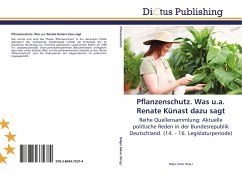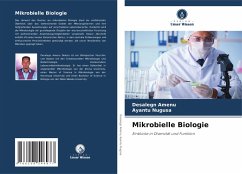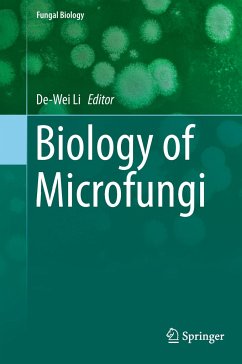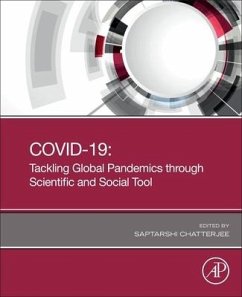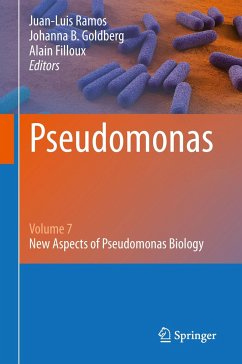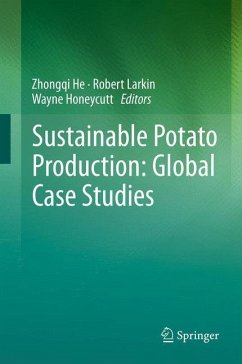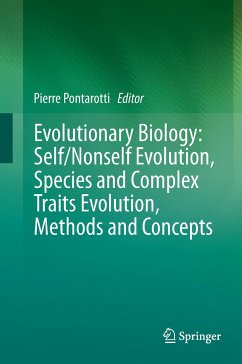
Brock Biology of Microorganisms, Global Edition

PAYBACK Punkte
37 °P sammeln!
Get a solid understanding of the major concepts in microbiology with a textbook t hat offers cutting-edge research findings, powerful tools, and visuals. Brock Biology of Microorganisms, Global Edition, 16th Edition is the latest version of the most authoritative textbook in the field, offering powerful, accurate, yet accessible content surrounding the basic concepts of microbiology.The text guides you through the six major themes of microbiology Evolution, Cell Structure and Function, Metabolic Pathways, Information Flow and Genetics, Microbial Systems, and the Impact of Microorganisms as out...
Get a solid understanding of the major concepts in microbiology with a textbook t hat offers cutting-edge research findings, powerful tools, and visuals.
Brock Biology of Microorganisms, Global Edition, 16th Edition is the latest version of the most authoritative textbook in the field, offering powerful, accurate, yet accessible content surrounding the basic concepts of microbiology.
The text guides you through the six major themes of microbiology Evolution, Cell Structure and Function, Metabolic Pathways, Information Flow and Genetics, Microbial Systems, and the Impact of Microorganisms as outlined by the American Society for Microbiology Conference on Undergraduate Education (ASMCUE).
Following a modern robust approach, the book supports your knowledge of the genomics and other omics" maze - concepts that are fundamental to the field and have transformed and revolutionised microbiology. Furthermore, it provides concrete examples of how powerful tools have allowed microbiologists to probe deeper and further into the microbial world than ever before.
Brock Biology of Microorganisms, Global Edition, 16th Edition is the latest version of the most authoritative textbook in the field, offering powerful, accurate, yet accessible content surrounding the basic concepts of microbiology.
The text guides you through the six major themes of microbiology Evolution, Cell Structure and Function, Metabolic Pathways, Information Flow and Genetics, Microbial Systems, and the Impact of Microorganisms as outlined by the American Society for Microbiology Conference on Undergraduate Education (ASMCUE).
Following a modern robust approach, the book supports your knowledge of the genomics and other omics" maze - concepts that are fundamental to the field and have transformed and revolutionised microbiology. Furthermore, it provides concrete examples of how powerful tools have allowed microbiologists to probe deeper and further into the microbial world than ever before.





